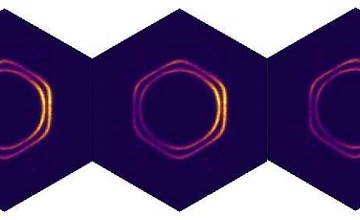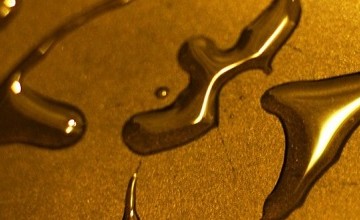
New research could revolutionise the future of electronic devices
University leads innovative electronic states in solids research
We use cookies to optimise site functionality and give you the best possible experience

University leads innovative electronic states in solids research

Maximal Rashba-like spin splitting via kinetic energy-coupled inversion symmetry breaking

Dawn of the age of 'superconducting spintronics'
St Andrews researchers make significant leap in nanotechnology.
A new generation of faster, more efficient electronics and computers than those using today's silicon-based technologies could be the end result of a collaborative research project involving the University of St Andrews.
A new degree aimed at meeting the needs of tomorrow's engineering industry has been created by the Universities of Dundee and St Andrews.
A University of St Andrews scientist explained how new materials could develop roll-up tv screens and make the internet faster at one of the UK's biggest science festivals today (Wednesday 5th September, 2001) in Glasgow.
An ambitious partnership is to be launched by the University of St Andrews and the University of Dundee leading Scottish Universities into a new higher education landscape.